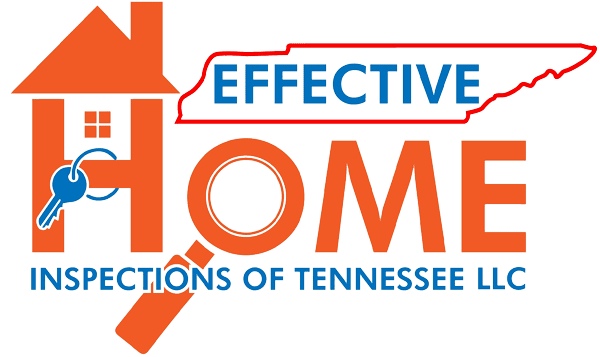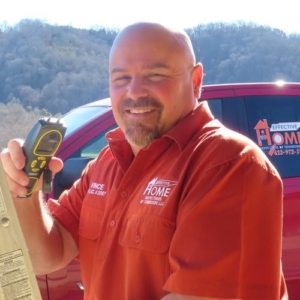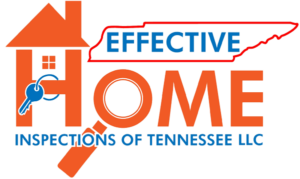Home Inspections In or Near:
Bristol TN, Bristol VA, Abingdon VA, Kingsport TN, Piney Flats TN, Johnson City TN, Elizabethton TN, Jonesborough TN, Greeneville TN, Bulls Gap TN, Erwin TN, Rogersville TN, Morristown TN, Dandridge TN, Newport TN, Sevierville TN, Gatlinburg TN, Knoxville TN, Powell TN, Maryville TN, New Tazewell TN, Sneedville TN, Maynardville TN,
For Agents | Your Inspection | Your Report
The data on this website comes from various sources and date ranges and should be confirmed by the reader.
Effective Home Inspections of Tennessee, LLC
1375 Hendry Hollow Lane
Bulls Gap, TN 37711
Hours: Monday – Friday 8:00 AM – 8:00 PM
1-423-972-5976



The FAQs are very useful in helping you understand the details of a Home Inspection. One question I get a lot is “How long does a home inspection take?” Many different factors will determine the time required to complete a home inspection. There is no one set time, and every home inspection is different. I always encourage my clients to come for a final. Over the many home inspections that I have completed, I find that a one-on-one review really helps the client understand the observations and prioritize their next step in the process. Some buyers are experienced and some are first-time home buyers so each home inspection can be very different from a client’s understanding of the observations.